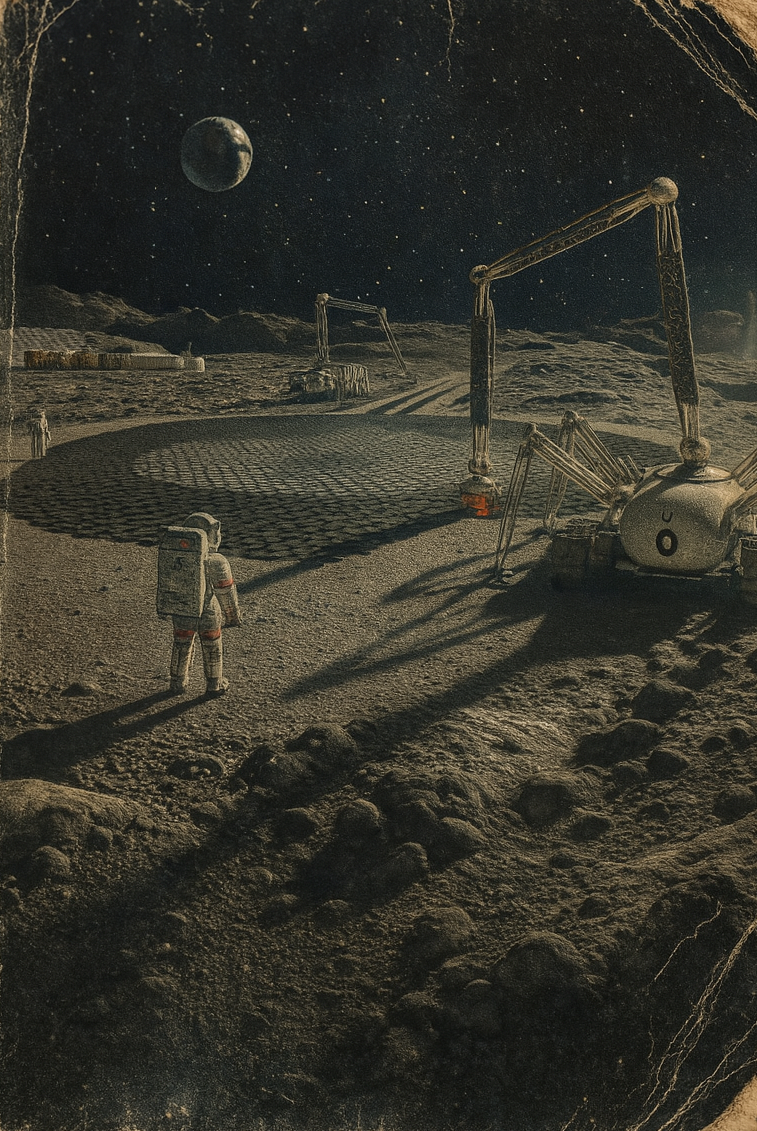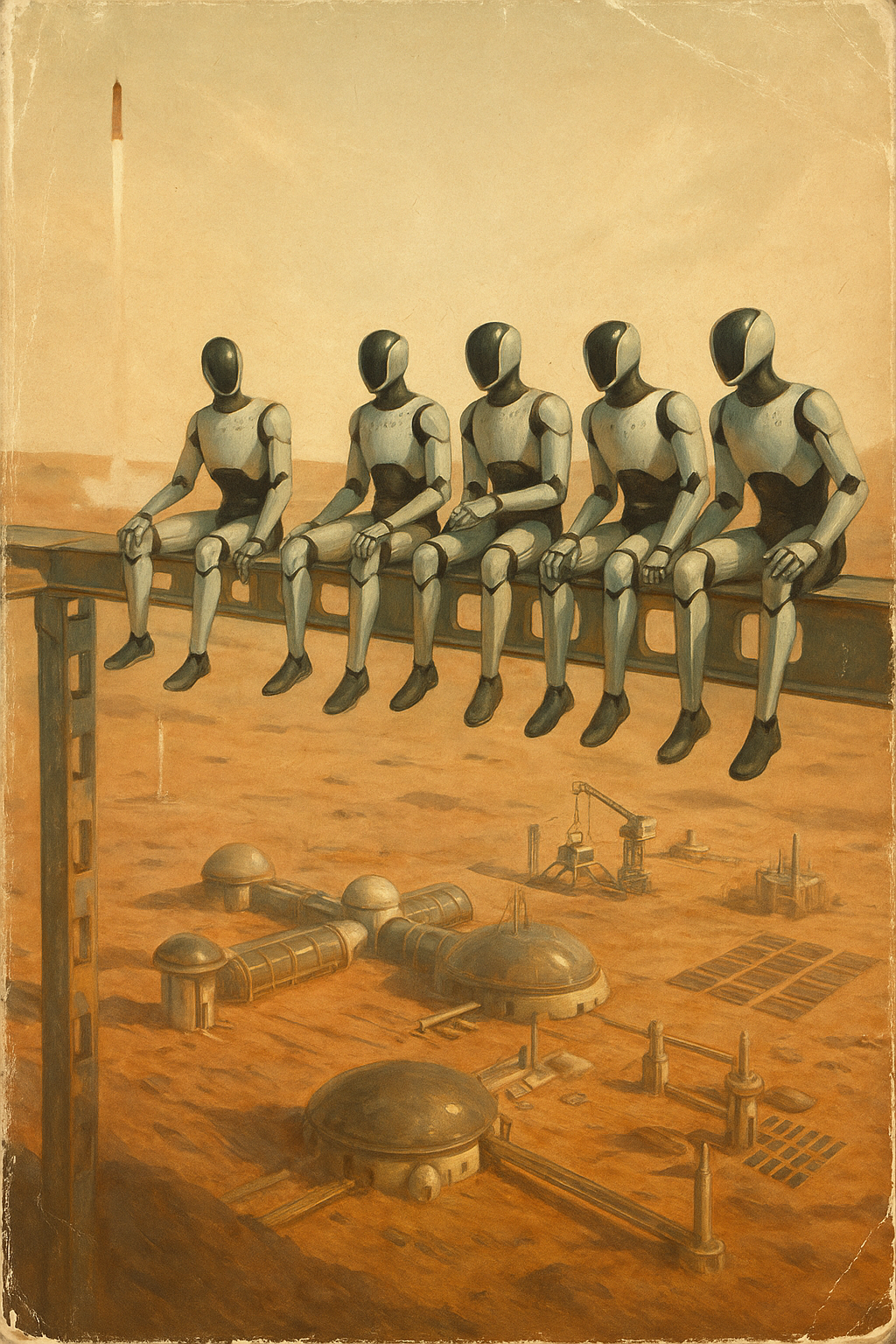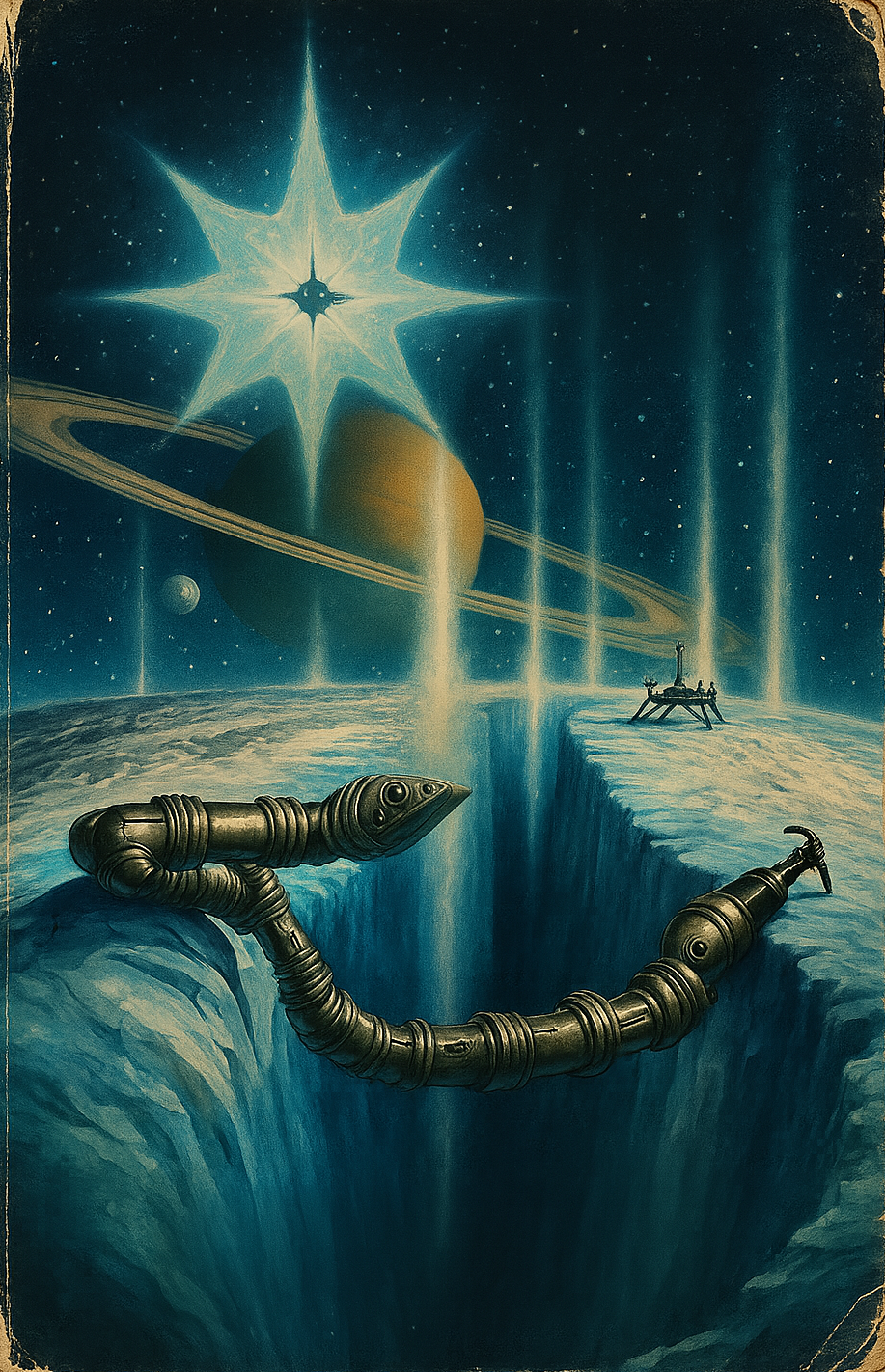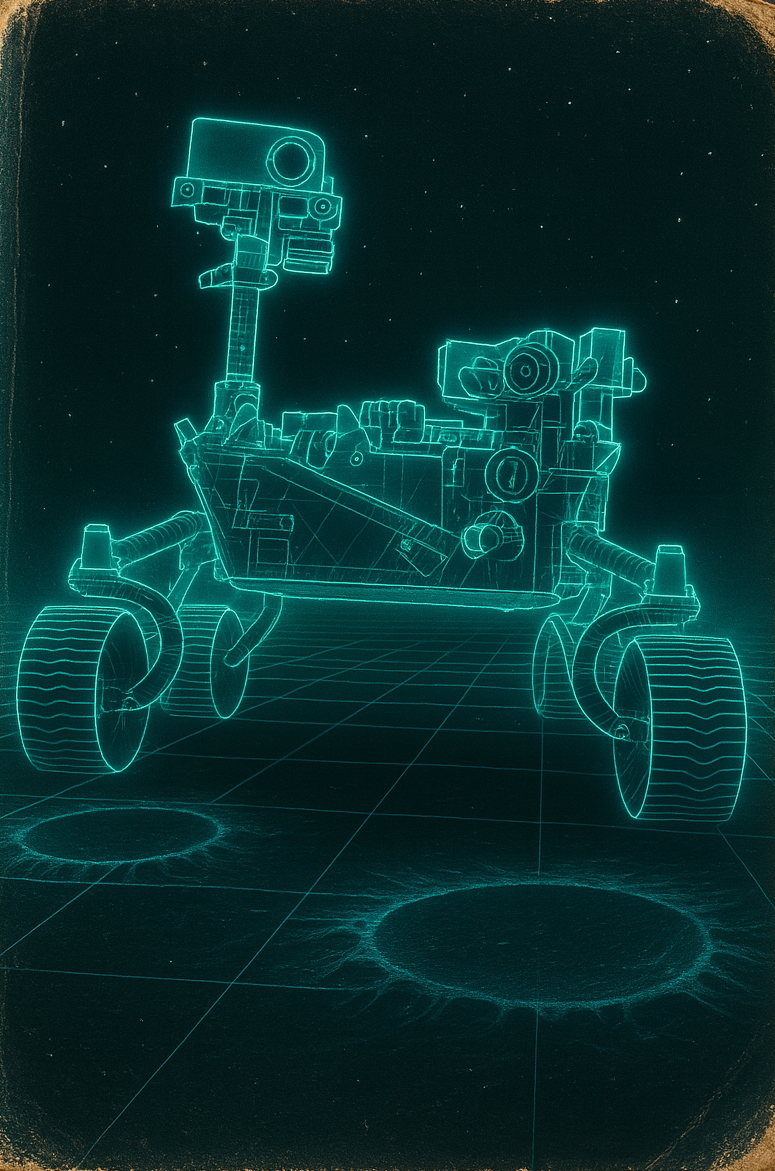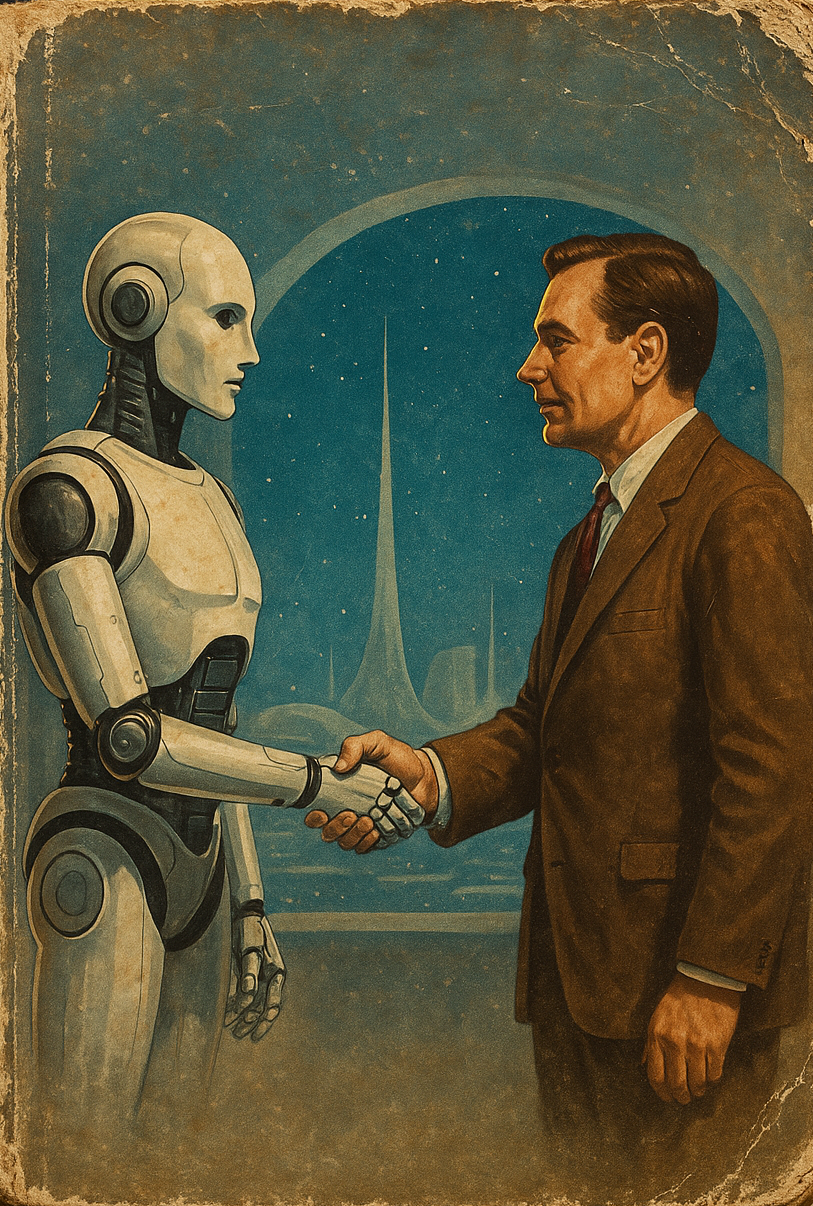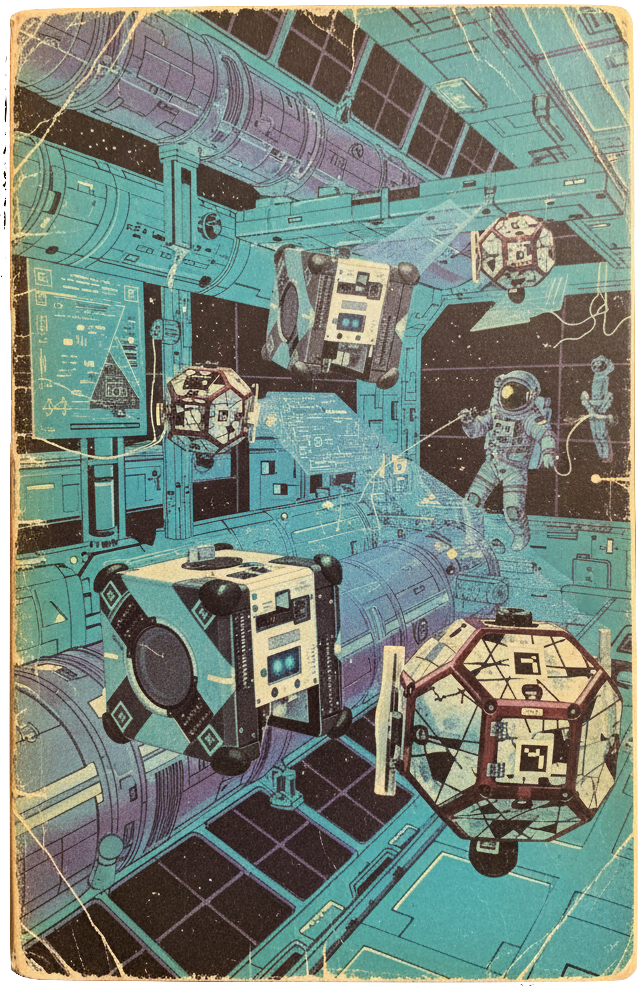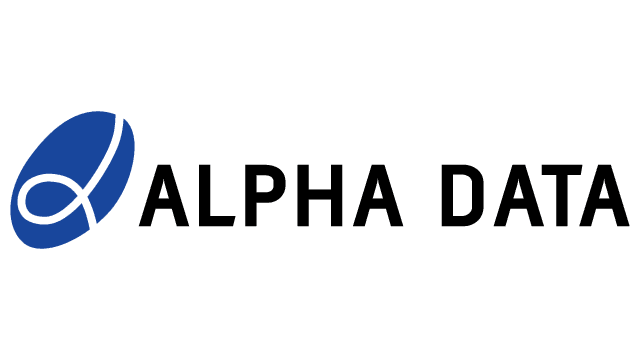The 2nd Space Robotics Workshop has concluded. Thank you to our organizing team, scientific committee, keynote speakers, paper authors, and sponsors for making it a success. Recordings are now available here.
#
Overview
The 2nd Space Robotics Workshop (SRW) took place alongside the IEEE SMC-IT/SCC on July 28-29, 2025, at the California Science Center in Los Angeles, CA. The workshop brought together experts in robotics, autonomy, AI, and aerospace to shape the next era of innovation driving our return to the Moon, the sustainable exploration of Mars and beyond, and the expansion of commercial activity beyond Earth orbit.
As national space agencies and commercial ventures capitalize on next-generation robotics, we are at a critical juncture. Increasing mission complexity, evolving space architectures, expanding commercial services, and rapid progress in AI present both unprecedented opportunities and new challenges in how we explore, operate, and build a sustainable space economy. Advances in terrestrial robotics are directly influencing the development of space robotics and are poised to play a central role in enabling more autonomous, resilient, and ambitious missions, while also laying the groundwork for future off‑world economic activities.
Building on the foundation laid during our inaugural event, this year’s workshop focused on recent breakthroughs in robotics, the current state of space robotics, the rise of the commercial space sector supporting the lunar economy, and emerging concepts aimed at enabling more capable, adaptable, and cost‑effective missions.
The program featured focused technical sessions with keynote talks, spotlight presentations, panels, and a poster session.
#
Timeline
Workshop Announced
April 1st, 2025
Paper Submission Deadline - Archival Track
May 23rd, 2025
Paper Submission Deadline - Non-Archival Track (Extended)
June 13th, 2025
Paper Notification - Archival Track (Extended)
June 13th, 2025
Paper Notification - Non-Archival Track
June 20th, 2025
Final Camera-Ready Deadline - Archival Track
June 20th, 2025
Final Camera-Ready Deadline - Non-Archival Track
July 7th, 2025
Second Annual Space Robotics Workshop at IEEE SMC-IT/SCC
#
Venue
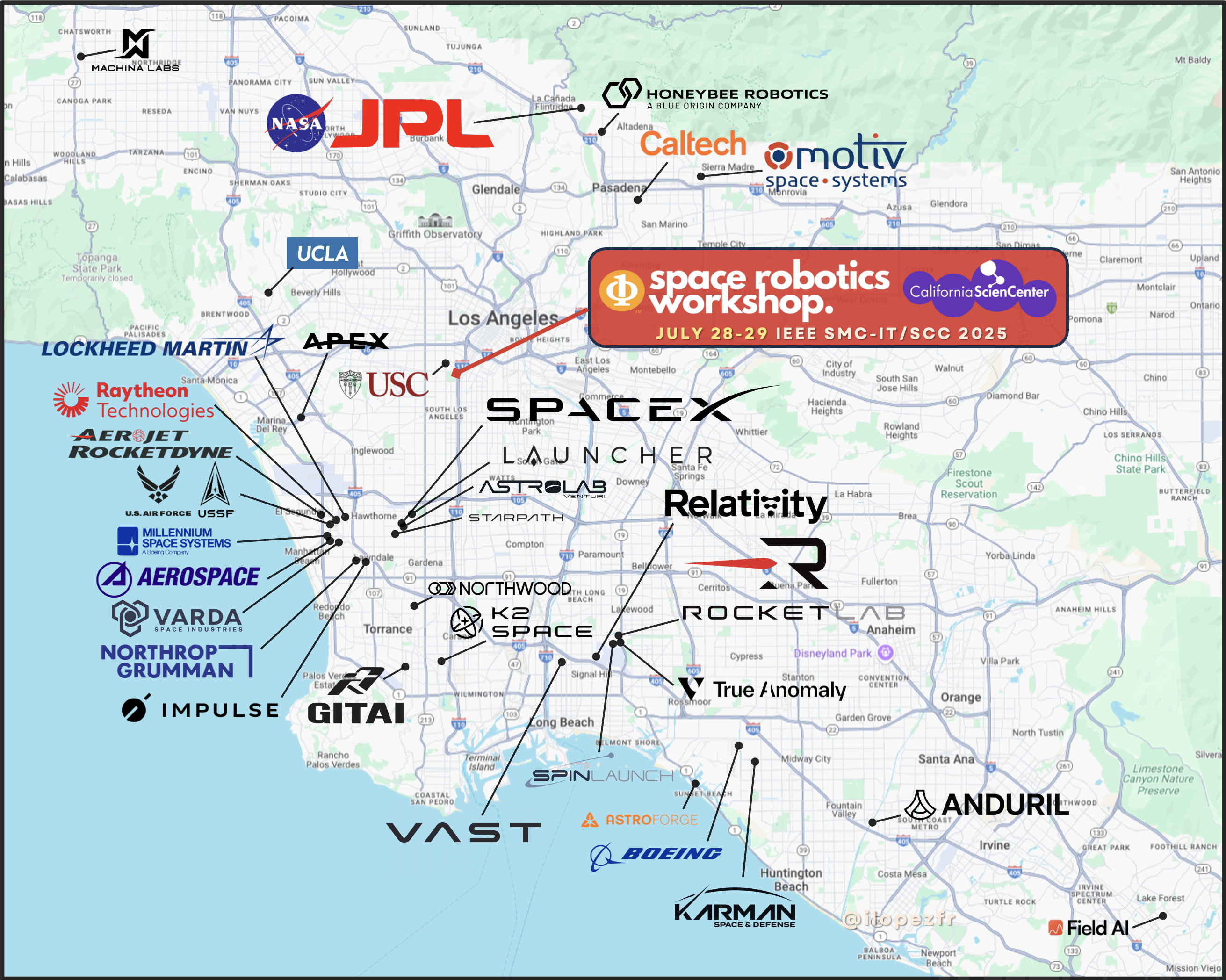
The California Science Center offers a uniquely inspiring venue for the 2nd Space Robotics Workshop. As the permanent home of the Space Shuttle Endeavour, and soon the world's only vertical launch display complete with external tank and solid rocket boosters, it grounds our discussions in the tangible legacy and future of spaceflight. Situated in the heart of Los Angeles, the Center links us to a vibrant ecosystem of innovation, science, and exploration.
This map is intended to solely show the density of players in the aerospace, robotics, and defense sector and where the workshop will take place. It's not meant to be exhaustive and our organization is not responsible for any missing organizations or misplaced locations.
Click on the map to view it in full size.
#
Confirmed Speakers
We are pleased to announce our confirmed speakers for the 2nd Space Robotics Workshop:
Maruthi R. Akella
University of Texas at Austin
Lindy Elkins-Tanton
UC Berkeley
Dean Bergman
Honeybee Robotics
Pascal Lee
SETI Institute / Mars Institute
Ignacio López-Francos
NASA
Dan Negrut
University of Wisconsin-Madison
Brice Howard
Sentric Solutions
Annika Rollock
Aurelia Institute
Luis Sentis
University of Texas at Austin
Brian Yamauchi
Starpath Robotics
#
Workshop Agenda
All sessions will be held in Room CR16
Day 1 - Monday, July 28
Day 2 - Tuesday, July 29
High-Fidelity Simulation and Digital Twins for Space Robotics10:30 AM - 12:00 PM PTSpeakers:Lutz Richter (SoftServe) (Session Chair) Dan Negrut (University of Wisconsin-Madison) High-fidelity simulation is playing an increasingly critical role in the development, testing, and validation of autonomous robotic systems for space exploration. This session will focus on the state of the art in simulation tools and digital twin fr... [Expand]
Lunch Break
12:00 - 1:00 PM PT
Special Session: Earth and Beyond: The State of Robotics1:00 - 2:00 PM PTSpeakers:Ignacio López-Francos (NASA) (Session Chair) Brice Howard (Sentric Solutions) Luis Sentis (University of Texas at Austin) Robotics is advancing rapidly on Earth, driven by breakthroughs in artificial intelligence and increasingly capable, compact, and cost-effective hardware, including advanced sensors, actuators, and onboard computing. Translating these capabilities in... [Expand]
Spotlight Talks (Part 1)2:00 - 3:00 PM PT2:00 PM – "Experimental Study of Magnetically-Actuated Satellite Swarm: Controllability Extension via Time-Integrated Control with Geometry Learning" – Yuta Takahashi
2:15 PM – "Validation and Verification of Safety-Critical Aspects of Autonomy in Orbital Robotics" – Roberto Lampariello
2:30 PM – "Learning Surface and Vertical Mobility for Enceladus Direct Ocean Access" – Jack Naish
2:45 PM – "Adaptive Science Operations in Deep Space Missions Using Offline Belief State Planning" – Hailey Warner
Coffee Break
3:00 - 3:30 PM PT
Spotlight Talks (Part 2)3:30 - 4:30 PM PT3:30 PM – "Drift-Free Visual Compass Leveraging Digital Twins for Cluttered Environments" – Jungil Ham
3:45 PM – "A Rigid-Soft Underactuated Tendon-Driven Gripper Prototype for Free-Flying Manipulation" – Brian Coltin
4:00 PM – "RA-SR: A 16–32-Channel Low-Power FPGA Multi-Protocol ESC Controller for Space Robotics" – Mohamed El-Hadedy
4:15 PM – "Free-Flying Intra-Vehicular Robots: A Review" – Jordan Kam
Best Paper Award + Closing Remarks
4:30 - 5:00 PM PT
Day 3 - Wednesday, July 30 (Optional)
#
Talks
We are excited to make the session recordings public to the community. Click any card below to jump to a session and watch the talks.
Opening Remarks
Opening Remarks
Ignacio López‑Francos, NASA
Short overview of the workshop and objectives.
Session 01 — Unlocking the Offworld Economy with Robotic Technologies
STARMINE: An End-to-End Robotic System for Lunar Mining and LOX Production
Brian Yamauchi, Starpath Robotics
How do we refuel on the Moon? Brian Yamauchi (Principal Autonomy Engineer, Starpath) presents STARMINE, a three-part system—Rover, Plant, Tower—designed to mine icy regolith at the lunar south pole and produce LOX for lander refueling. The autonomy stack enables repeated traverses from sunlit power to permanently shadowed craters, closing the loop from excavation to oxygen production at scale.
Towards Autonomous Driving on the Moon
Prof. Grace X. Gao, Stanford
As a new era of lunar exploration unfolds with NASA’s Artemis mission and numerous other planned missions, autonomous operations are paramount for sustained presence and complex robotic activity. Prof. Grace X. Gao (Stanford NAVLab) highlights key research efforts, including the establishment of a “Moon-GPS” satellite network (LunaNet) and building a neural twin of the Moon surface using Neural Radiance Fields (NeRFs). These contributions support NASA’s robot mobility missions such as CADRE and Endurance, and notably secured a first-place win in the NASA Lunar Autonomy Challenge.
Blue Collar Robots and Regolith
Rob Mueller, NASA KSC
NASA senior technologist Rob Mueller (co-founder of KSC’s Swamp Works Lab and the Granular Mechanics & Regolith Operations Lab) outlines a rising class of “blue-collar robots” for heavy regolith handling, construction, and ISRU on the Moon and Mars—industrial capabilities essential to make surface operations economical and repeatable.
Flight Computers to Support Flight Robotic Systems
Dennis Wingo, Skycorp
Legendary Dennis Wingo (Skycorp) focuses on overcoming the historical lag in making robust flight computers capable of supporting robotic systems on the Moon and in deep space. He details Skycorp’s efforts in flight-qualifying advanced computer hardware, such as the PolarFire system-on-a-chip, Jetson Nano, and future HPSC systems, which are designed for autonomous navigation and AI modeling in harsh space environments. The talk emphasizes rigorous testing, radiation protection, and conduction cooling as critical for reliable operation of these systems in lunar and deep space conditions.
Session 01 Panel
Moderator: Maggie Wang, Panelists: Brian Yamauchi, Grace Gao, Rob Mueller, Dennis Wingo, Brice Howard
The panel addressed critical challenges for an off-world economy, highlighting the lack of lunar infrastructure for navigation and communication, and significant environmental difficulties such as long shadows, regolith slip, and thermal extremes that impede autonomous driving and data collection for AI. Discussions emphasized the need for resilient robotic designs that expect and rapidly recover from failures, the development of robust, flight-qualified computing hardware for AI and autonomy, and extensive testing—underscoring a necessary shift toward private funding to accelerate these advancements for sustained lunar operations.
Session 02 — Mars Settlement Starts with Autonomy and Robotics
Building and Placing Humanoid Robots On and Around Mars
Luis Sentis, UT Austin, Apptronik
Dr. Luis Sentis (Professor at University of Texas at Austin / Co-founder of Apptronik) discusses the rapid advancements in Earth-based humanoid robotics, driven by generative AI and foundational models, and proposes two key strategies for their Martian deployment. These include adapting off-the-shelf humanoids with astronaut suits for enhanced manipulation and designing specialized liquid-cooled actuators capable of withstanding extreme space conditions, aiming for low-maintenance, multi-purpose robotic systems for future Mars missions.
Humans To Mars in the Age of AI
Pascal Lee, Mars Institute, SETI Institute
In this thought-provoking talk, Dr. Pascal Lee explores human–robot teaming as AI progresses from narrow capabilities to AGI integrated into androids, envisioning “Artificial Astronauts” (and eventually “Artificial Super Astronauts”) as our emissaries to help explore and settle Mars and beyond.
From Space to Street - Autonomy Lessons from Deep-Space Human Mission
Ignacio López-Francos, NASA
Long-duration human missions to Mars face critical communication delays and blackouts, making real-time ground support impossible and requiring crews to handle unexpected anomalies independently. To address this, an “Earth-independent operations” approach is proposed, focusing on developing integrated on-board hardware and software. This strategy empowers crews to independently manage critical situations by leveraging on-board analytics, statistical and rule-based AI, and physics models to enhance situational awareness, anomaly response, and procedure execution—reducing reliance on extensive ground control.
Autonomy for Mars Robotics Missions
Maruthi R. Akella, UT Austin
Autonomy is presented as a necessity for Mars missions, driven by communication delays that demand extensive onboard decision-making for both crewed and uncrewed operations. This is addressed through research focused on learning, perception, and execution, with a strong emphasis on establishing safety and trust guarantees for dynamic and unpredictable scenarios. A critical technical challenge highlighted is robust Positioning, Navigation, and Timing (PNT), which necessitates a scalable architecture for the Martian environment capable of overcoming communication blackouts during critical entry, descent, and landing phases.
Session 02 Panel
Moderator: Luis Sentis, Panelists: Ignacio López-Francos, Maruthi R. Akella, Pascal Lee, Luis Sentis
A focused discussion on the crucial technical challenges for Mars missions, particularly the need for trust, safety, and certifiability in autonomous systems—alongside the long-term vision of self-repairing “artificial astronauts” and the use of digital twins.
Session 03 — One-Shot Interplanetary Exploration With Software-Defined Robotic Systems
To Boldly Go Where No Robots Have Gone Before
Hiro Ono, NASA JPL
Historically, robotic space exploration has progressed through incrementally sophisticated missions, but this approach is now constrained by budget, flight opportunities, and cruise times for exploring challenging deep-space environments. NASA JPL’s Hiro Ono proposes a new paradigm (RSE 3.0) of single-shot missions where robots or teams of robots adapt their behavior after arrival, increasing complexity as they learn about the new environment—enabled by versatile robotic hardware and onboard intelligence.
The Big Questions of Solar System Exploration
Lindy Elkins‑Tanton, UC Berkeley
What are the biggest scientific questions of solar system exploration, and how much do we really know about them? What will the role of robotic exploration be in finding the biggest answers? Starting with “Are we alone?”, this talk walks through some of the hottest unsolved solar system mysteries and how we can bring technology to bear in answering them.
Autonomy for One-Shot Missions
Dean Bergman, Honeybee Robotics
Honeybee has been developing robotic systems for deep-space missions for decades. The deeper we get into the solar system and the more unforgiving terrains we explore, the greater the need for autonomy and adaptability. This presentation highlights examples of what Honeybee is considering for such one-shot missions to ensure mission success.
Toward Adaptivity by Design: Lessons from Space Mission Operations Beyond the Plan
Hiro Ono, NASA JPL
Space exploration inherently confronts the unknown, necessitating adaptive mission operations despite meticulous planning—a need historically addressed by ground teams reactively improvising solutions to anomalies. This talk analyzes past missions to distill design principles for future “adaptivity by design,” advocating for flexible, sensor-rich hardware and autonomous onboard intelligence to enable radically adaptive, one-shot exploration of extreme environments.
TESSERAE: Robotic Self-Assembly for In-Space Construction
Annika Rollock, Aurelia Institute
The TESSERAE (Tessellated Electromagnetic Space Structures for the Exploration of Reconfigurable, Adaptive Environments) paradigm introduces a novel approach to in-space construction through autonomous self-assembly of modular, tile-based structures, utilizing electropermanent magnets and an onboard sensing suite. Taking advantage of microgravity and launched in an unconfigured stack, TESSERAE’s early prototypes have validated principles of magnetic docking, fault diagnosis, and recovery on parabolic flights and the ISS—paving the way for next-generation habitats, space-based solar power, and other large-scale space infrastructure.
Session 03 Panel
Moderator: Hiro Ono, Panelists: Dean Bergman, Annika Rollock, Hiro Ono
Building on the session’s theme, the panel discusses the imperative of embedding adaptability directly into the design of future space systems and mission operations. Drawing from practical experiences, the conversation explores strategies for moving beyond reactive improvisation to proactively address the inherent unknowns of deep-space exploration.
Session 04 — High-Fidelity Simulation and Digital Twins for Space Robotics
Using Digital Twins for "Body" and "Mind" Design in Robotics
Dan Negrut, UW-Madison
How do you integrate physical design and autonomy for complex systems like Artemis vehicles? Dan Negrut presents the open-source Chrono framework, which uses Level 1 Digital Twins to test hypotheses and Level 2 super-fast simulations (sometimes thousands of times faster than real time) necessary for control tasks like Model Predictive Control (MPC). Chrono supports integrated "body and mind design" by simultaneously modeling multi-physics agent dynamics (e.g., deformable wheels on deformable terrain) and the vehicle's autonomy stack, often running on the actual hardware in a hardware-in-the-loop configuration.
Scaling Up Robotic Data with Minimal Supervision
Yue Wang, USC/NVIDIA
How can robot learning scale data when real-world collection is costly and dangerous, especially for space robotics? The "Geometry, Vision, and Learning Lab" at USC that Yue Wang leads develops algorithms to convert abundant, non-robotic internet data into "robotic ready data" by reconstructing 3D information from images and videos using methods like 3D Gaussian Splatting. This enables the simulation of new driving scenarios and, separately, facilitates versatile zero-shot robotic manipulation by learning and transferring actionable knowledge represented as affordance from out-of-domain sources, including animations.
Mission Critical: Simulate First
Lutz Richter, SoftServe
Why is simulation critical for mission success and derisking in space robotics? Lutz Richter (SoftServe) advocates for a "Simulate First" approach, utilizing the Nvidia Omniverse/Isaac Sim ecosystem to create simulation twins. SoftServe models hypothetical systems, such as a thruster-propelled lunar drone concept for autonomous resource prospecting, and employs a co-simulation architecture (using FMI/FMU) to model critical interactions, like ground vehicle mobility and excavation in lunar soil, thereby supporting design and development.
Session 04 Panel
Moderator: Lutz Richter, Panelists: Dan Negrut, Yue Wang
The discussion of this panel centers directly on the practical application of high-fidelity simulation and digital twins in robotics, especially for space exploration systems. Examples of these practical applications include using simulators like Chrono to train AI-driven robotic systems, simulating complex environments and agent dynamics for integrated "mind and body" design, and generating synthetic data for testing AI agents, such as those using vision language models.
Special Session — Earth and Beyond ��— The State of Robotics
The Future of Space Robotics
Brice Howard, Syntric Solutions
How can the space industry effectively commercialize and capture the projected $1.8 trillion opportunity using robotics? Brice Howard argues that space robotics must follow the commercialization roadmap seen in the mining industry, shifting toward scalable equipment-based operations. A significant disparity exists between hope and reality due to a perception gap and reliance on bespoke designs; only one mission (Orbital Express, 2004) has successfully demonstrated the key skill of dynamic grappling. The path forward demands immediate investment in affordable, robust, and modular robotic tool sets. Crucially, the industry must prioritize remote and semi-autonomous operations to enable immediate monetization and provide necessary on-orbit testing, rather than requiring full autonomy as a prerequisite.
Special Session Panel — Earth and Beyond: The State of Robotics
Moderator: Ignacio López-Francos, Panelists: Brice Howard, Hiro Ono, Yue Wang
Building on the session's theme, the speakers in the panel discuss the imperative of embedding adaptability directly into the design of future space systems and mission operations. Drawing from practical experiences, the conversation explores strategies for moving beyond reactive improvisation to proactively address the inherent unknowns of deep space exploration.
Spotlight Session
Experimental Study of Magnetically-Actuated Satellite Swarm: Controllability Extension via Time-Integrated Control with Geometry Learning
Yuta Takahashi, Institute of Science Tokyo, Interstellar Technologies
Validation and Verification of Safety-Critical Aspects of Autonomy in Orbital Robotics
Roberto Lampariello, Institute of Robotics and Mechatronics, DLR
Learning Surface and Vertical Mobility for Enceladus Direct Ocean Access
Jack Naish, Independent
Adaptive Science Operations in Deep Space Missions Using Offline Belief State Planning
Hailey Warner, Stanford Intelligent Systems Lab (SISL), Stanford University
Drift-Free Visual Compass Leveraging Digital Twins for Cluttered Environments
Jungil Ham, Machine Perception and Intelligence Lab, Gwangju Institute of Science and Technology
A Rigid-Soft Underactuated Tendon-Driven Gripper Prototype for Free-Flying Manipulation
Jordan Kam, University of California, Berkeley
RA-SR: A 16–32-Channel Low-Power FPGA Multi-Protocol ESC Controller for Space Robotics
Mohamed El-Hadedy, California State Polytechnic University, Pomona
Free-Flying Intra-Vehicular Robots: A Review
Jordan Kam, University of California, Berkeley
#
Call for Papers
Our Call for Papers is now closed! A huge thanks to everyone who submitted their work. We've begun sending out acceptance notifications to authors and we'll be announcing the selected spotlight presentations soon!
We invite submissions on research and development at the intersection of robotics, autonomy, and space applications. Contributions should highlight innovative methods, systems, and technologies for exploration, in-space services, or science operations beyond Earth.
Relevant topics:
- Autonomous navigation and mobility for planetary and orbital environments, including terrain-relative localization, path planning, and novel locomotion systems (e.g., rovers, drones, subsurface robots).
- Manipulation in space and planetary environments, including dexterous handling, microgravity operations, and contact dynamics in ISAM or EVA contexts.
- In-space Servicing, Assembly, and Manufacturing (ISAM) and In-situ Resource Utilization (ISRU) enabled by robotic autonomy.
- AI agents for perception, decision-making, task planning, and multi-robot coordination in space environments.
- Foundation models and multimodal learning (vision-language-action) for general-purpose space robotic systems.
- Photogrammetry, Neural Radiance Fields (NeRFs), 3D Gaussian Splatting (3DGS), and other volumetric representation techniques for environment modeling and scene understanding, particularly under challenging illumination conditions.
- Human-robot teaming strategies for crewed and uncrewed missions, including shared autonomy, intent recognition, and adaptive interfaces.
- Sim-to-real transfer, domain adaptation, and policy generalization for space-deployed systems.
- High-fidelity simulation and digital twins for development, integration, testing, and mission rehearsal.
- Long-duration autonomy and adaptive learning in unstructured, dynamic, or high-latency environments.
- Autonomous surface operations, including science-driven exploration, sample collection, and real-time decision-making under resource constraints.
- Spacecraft swarms and distributed robotic systems, including satellite formation flying, multi-agent planning, and inter-agent communication.
- Space logistics, infrastructure deployment, and robotic construction, supporting scalable off-world operations.
- System integration, testing, and field validation of space robotic platforms in analog or operational environments.
- Mission concepts, technology demonstrations, and commercial initiatives accelerating the adoption of space robotics.
- Trust, verification, and validation frameworks to ensure robust, explainable, and resilient autonomous behavior.
Submission Guidelines
- Full papers can be up to 10 pages, not including references. Paper templates are available here:IEEE Templates.
- Submissions must be made through theEasyChair portal. Please select the "Space Robotics Workshop" track.
- Authors may choose between two submission options:
- Archival Track (IEEE Proceedings): Papers will be included in the official IEEE conference proceedings (indexed in IEEE Xplore).
- Non-Archival Track: For authors who wish to present without publication, preserving eligibility for future archival venues.
- Papers selected for IEEE publication must be presented in person to comply with IEEE's "Podium and Publish" policy.
- Authors who opt out of IEEE publication may still present at the workshop and are encouraged to contribute to discussions and community-building.
- All submissions will be peer reviewed for quality and relevance.
- At least one author of each accepted paper must register for IEEE SMC-IT/SCC with an in-person registration and attend the workshop.
- All accepted papers will be presented as posters during the workshop. A select number of top submissions will be invited for spotlight presentations, based on reviewer feedback and program needs.
- Selected papers may be invited to appear in a special issue of a journal. More details will be shared later.
Important Dates
| Milestone | Archival Track (IEEE) | Non-Archival Track |
|---|
| Paper Submission deadline | May 23 | June 13 June 6 |
| Acceptance Notification | June 13 June 6 | June 20 |
| Camera-ready deadline | June 20 | July 7 |
#
Accepted Papers
Congratulations to all the authors whose work was selected! Thank you to everyone who submitted, and to our reviewers for their valuable feedback and dedication to maintaining the quality of the workshop.
Drift-Free Visual Compass Leveraging Digital Twins for Cluttered Environments
Jungil Ham, Ryan Soussan, Brian Coltin, Hoyeong Chun, Pyojin Kim
Drift-free and accurate rotational motion tracking is one of the most critical components for visual navigation of free-flying robots operating in microgravity environments, such as the International Space Station (ISS), where unrestricted 360-degree rotational motion is intrinsic. [Expand]
Free-Flying Intra-Vehicular Robots: A Review
Jordan Kam, Kathryn Hamilton, Brian Coltin, Trey Smith
Intra-vehicular free-flying robots have been operating inside the International Space Station (ISS) for over two decades. [Expand]
#
Organizers
The 2nd Space Robotics Workshop is a volunteer led effort by researchers and practitioners in the field of robotics, autonomy, and AI from multiple organizations. We are grateful to be supported by a Scientific Committee composed of leading experts across academia, industry, and government, who help ensure the quality, relevance, and impact of the program.
Organizing Committee
Ignacio G. López-FrancosNASA Ames
Maggie WangStanford University
Ricard Marsal I CastanUniversity of Luxembourg
Roshan KalghatgiNASA Ames
Scientific Committee
Animesh GargGeorgia Tech, NVIDIA, Apptronik
Giuseppe CataldoNASA GSFC
Jean-Pierre de la CroixNASA JPL
Jennifer BlankBlue Marble Space Institute of Science
Jennifer HeldmannNASA ARC
Jonathan KnowlesFormer Autodesk, Apple, Adobe
Katherine ScottIntrinsic, Open Robotics
Keerthana GopalakrishnanGoogle DeepMind
Kentaro UnoTohoku University
Luis MerinoUniversidad Pablo de Olavide
Luis SentisUniversity of Texas at Austin, Apptronik
Pyojin KimGwangju Institute of Science and Technology (GIST)
Roberto LamparielloDLR (German Aerospace Center)
Rodrigo VenturaInstituto Superior Técnico (IST), University of Lisbon
#
Sponsors
We are grateful for the support of the following organizations that contributed a small part in making the 2nd Space Robotics Workshop a success:

